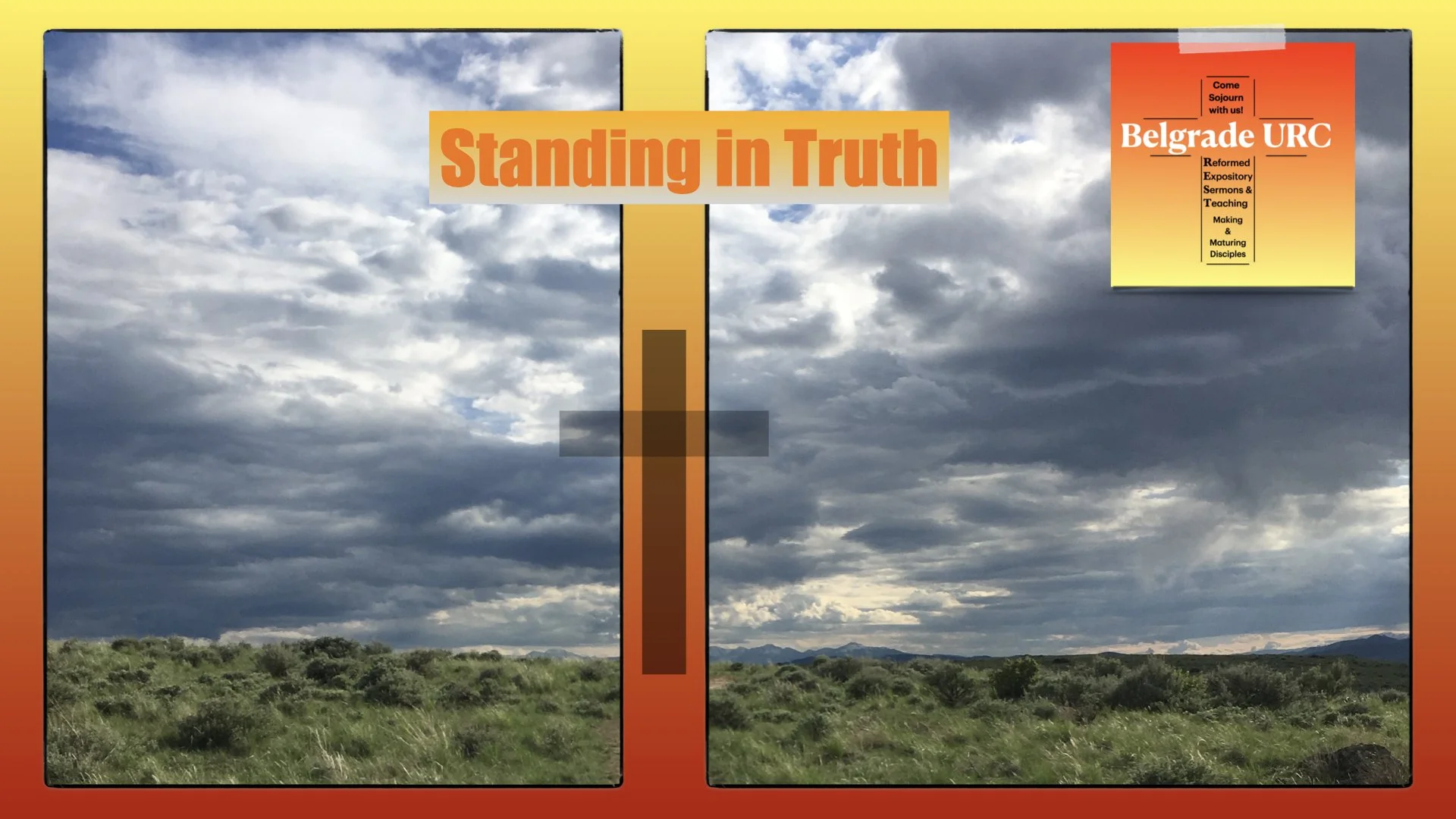Christ’s Resurrection Revelation (John 20:1-18; 21:1-19)
/Christ obeys the father and dies on the cross to fulfill his father’s mission. Without being raised, his perfect obedience would be pointless. Christ's prayer in John 17 is confirmed because he has finished his work from the father. His resurrection testifies that he has completed the work His Father gave Him to do. His resurrection validates the Gospel.



